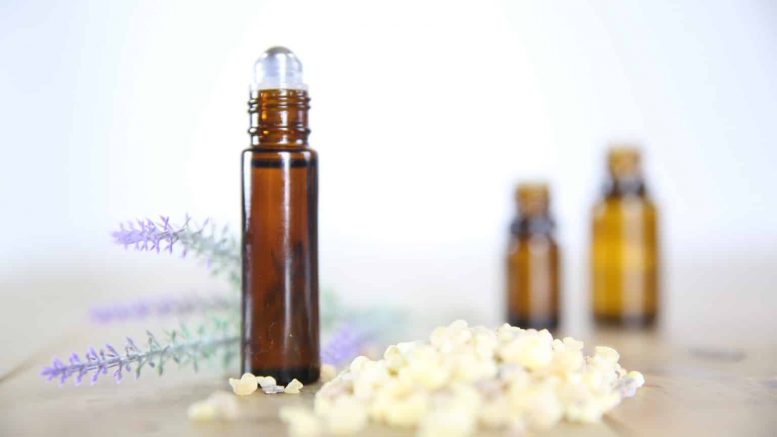Acne is a skin condition that affects many teenagers, but it can happen to people of all ages. The hair follicles get plugged with oil or dead skin cells, which can cause whiteheads, blackheads or pimples. Acne is generally treated through self-care over the counter products, but when it persists or doesn’t clear up, you may need to see a dermatologist. Before you buy another acne product to treat your face, you should know these things.
Table of Contents
Be Gentle to Your Face
Use an organic face wash to clean your skin twice a day. Skin that is prone to acne is sensitive. Washing and scrubbing can irritate your skin, which makes acne worse. Wash in the morning when you wake up and before you go to bed. You should also wash your face when it gets sweaty. Use cosmetic products that are labeled non-acnegenic, or that won’t clog your pores. Oil free cosmetics are best.
Change Your Bad Habits
Stop touching, picking and popping your acne. Popping pimples can make your face worse. Use your acne products as directed. If your doctor has given you a treatment plan, follow it. Don’t overuse your acne medication. Use your acne treatment on your entire face, not just on your blemishes, to prevent future breakouts. Don’t stress too much over acne. Use an organic essential PMS oil to relax.
Change your sheets on your bed every week. You might even want to change your pillowcases every two to three days. When your skin touches the pillowcases, the dead cells and bacteria build up on the fabric. The next night when you lay down, that dirt and bacteria transfer back to your face. Clean pillowcases can help prevent a breakout.

Give Your Acne Products Time to Work
Acne products do not work overnight, no matter what the commercials tell you. It can take four to six weeks to clear your skin. Don’t keep changing products, because this can irritate your skin. After six weeks if you aren’t seeing improvement, look for a product that treats a different cause of acne. Most acne products contain benzoyl peroxide, which attacks bacteria that causes acne. If that type of product isn’t helping, use a retinoid that unclogs pores and reduces oiliness. Third, try a salicylic acid that eases the inflammation. The best blemish oil can be a natural blend of oils that fights breakouts, calms inflammation and prevents scarring.
When to See a Dermatologist
Acne is a common problem that many teenagers deal with. There are a lot of other ways people try to reduce their acne. Some research shows that a healthy low-glycemic diet can reduce acne breakouts. Healthy vegetables, beans, oats and proteins can be beneficial to your skin because they don’t cause your blood sugar to spike, which causes your skin to make sebum, an oily substance that leads to acne.
If self-care products don’t help your acne or you get acne cysts or nodules that don’t clear up, you may need the help of a dermatologist to treat an underlying cause of your acne that is preventing clear skin. Find a product that helps your skin.

